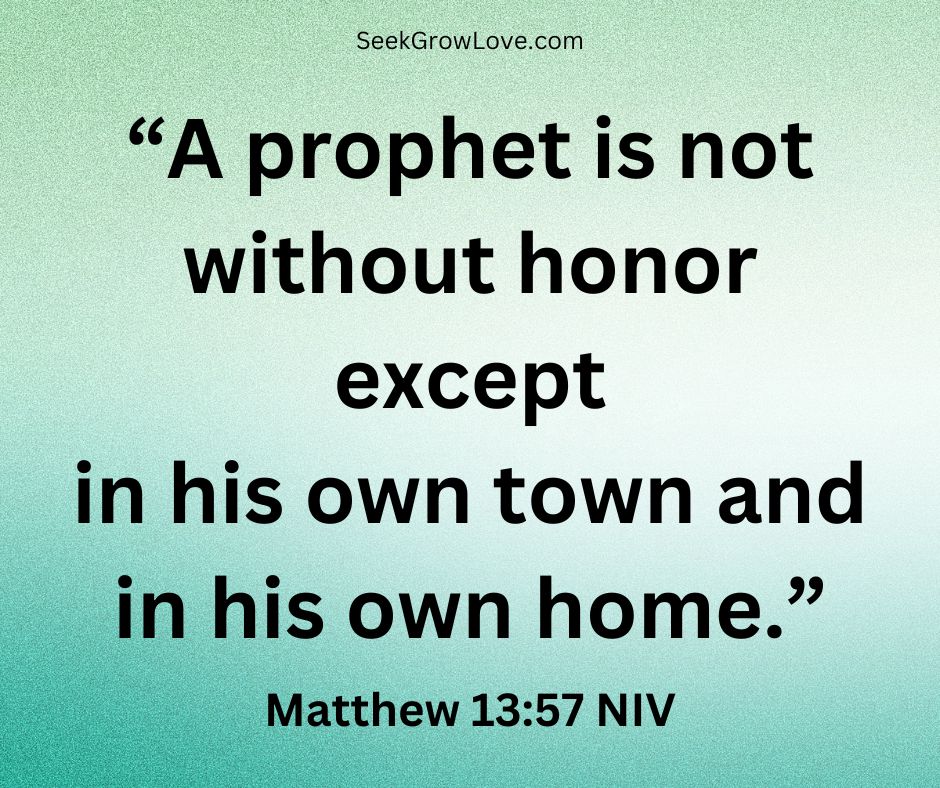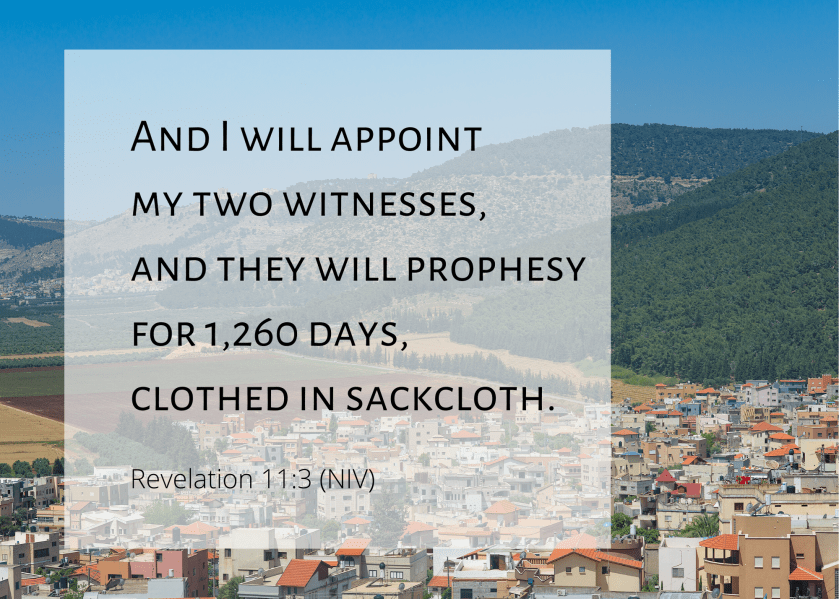
Old Testament: Numbers 27 & 28
Poetry: Job 20
New Testament: Mark 5
Once again, we have come across another section of Numbers with a number of sacrifices, laws, and other things that the ancient Israelites were expected to fulfill. Unfortunately for us, those laws are not as relevant to us today and can seem boring. To them though, these were essentially important to living in communion with their God. But what lesson can we Christians who are no longer bound by the Old Covenant take from this section?
I believe that 27:15-23 has very great insight for all people of all ages. This passage explains that Moses will not be leading the people into the Promised Land because of his disobedience back in 20:8-12. However, Moses is commanded to install Joshua as his successor as leader of the Israelites. Up to this point, Joshua was likely studying underneath Moses and worked with him.
The point of this lesson is two-fold: Those that are older need to prepare someone younger to take their place eventually, and those that are younger need to learn from those that are older. Unfortunately today, people have a mindset that their generation is the only one that is correct, while the truth is that there is much that can be learned from all generations, both older and younger.
To those that are older: Look for the potential in those that are younger in your church and start training them up to eventually enter ministries that you will be leaving eventually
To those that are younger: Learn from those older than you, be willing to do ministry work in your church, and develop a passion for the Lord.
-Talon Paul
(originally posted September 8, 2016)
Reflection Questions
- What was Moses’ concern when the Lord told him he would not be entering the Promised Land?
- If you are on the older end of ministry – who are you mentoring and teaching to do the ministry you are doing? Who else can you get involved?
- If you are on the younger end of ministry – who will you ask to teach you how to serve and minister?









